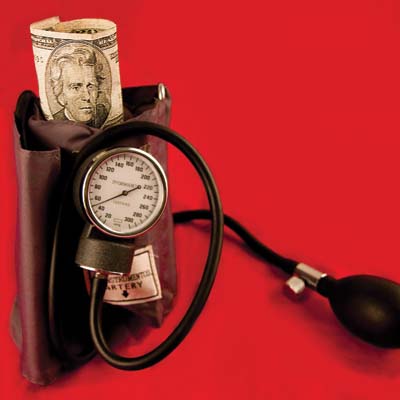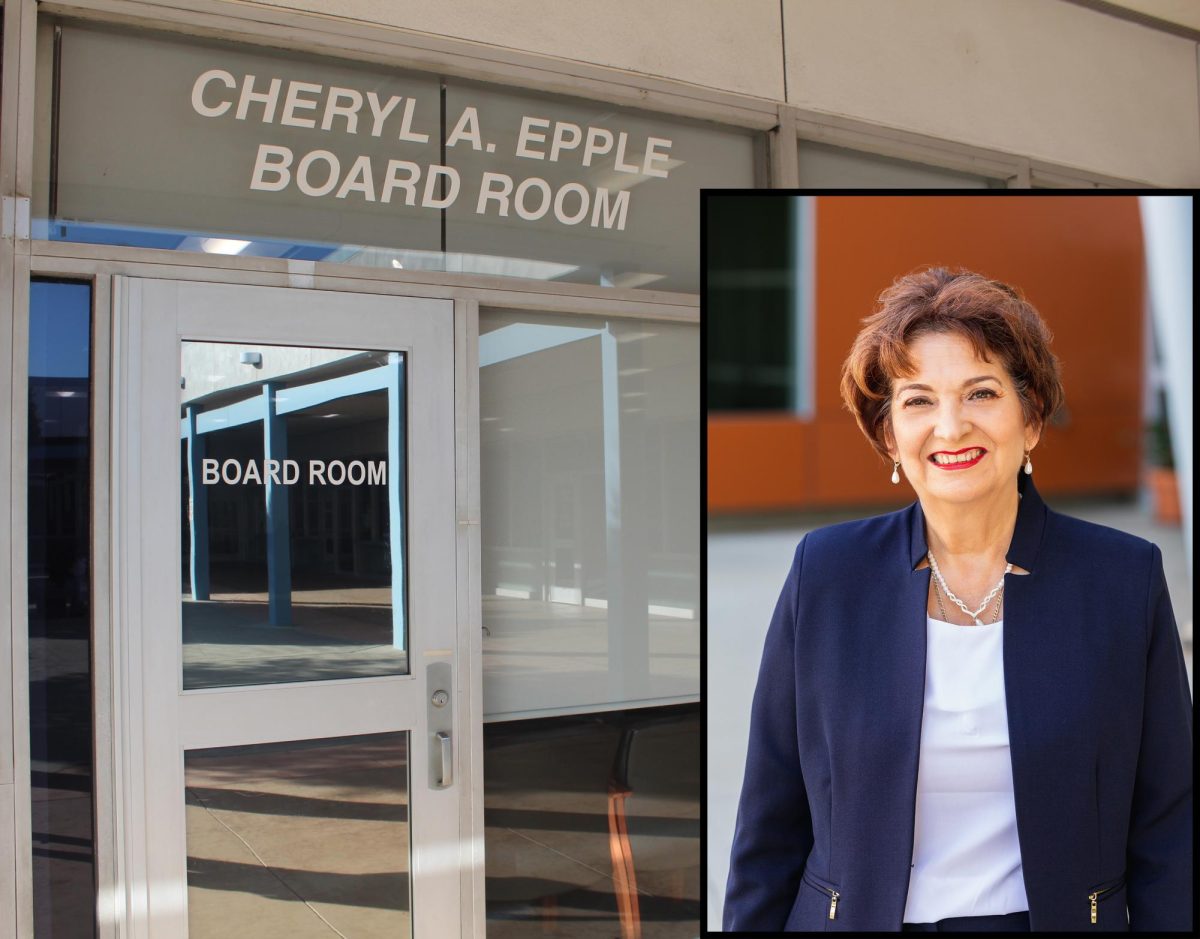The much debated America’s Affordable Health Choices Act moves into the Senate after being approved by the House of Representatives with a 220-215 vote earlier this month.
Although the House has taken a giant step toward health care legislation, there is still much controversy and skepticism surrounding the bill.
Stapled to the thousands of pages of potential legislation is the Stupak-Pitts amendment, which came as a late addition to the bill.
The amendment would restrict the federal government from funding “any part of the costs of any health plan that includes coverage of abortion,” with special considerations taken in the cases of rape, incest or life-threatening pregnancies.
Planned Parenthood condemned the amendment for not only breaking President Barack Obama’s promise that no one would lose his or her present coverage under health reform, but also for placing restrictions on women’s health choices.
In a press release, Planned Parenthood writes “Planned Parenthood serves 3 million women every year through its more than 850 affiliate health centers across the country and has worked tirelessly on behalf of those patients for affordable, quality health care.
“On behalf of the millions of women Planned Parenthood health centers serve, the Planned Parenthood Federation of America has no choice but to oppose HR 3962. The bill includes the Stupak/Pitts amendment that would leave women worse off after health care reform than they are today.”
President of the Feminist Majority Leadership Alliance of Cerritos College, Becky Miller added, “I knew this part of the bill would be tricky. Unfortunately, Obama can’t please everyone with health care.
“I feel womyn [sic] should have a choice as to what to do with their bodies. If Viagra is covered in the bill, abortion should be covered too.”
The controversy over the Stupak-Pitts amendment is just one of the many issues that may further stall decades’ worth of work toward healthcare reform.
There has also been some frustration at the omission of a public option, even though polls indicated that most of the American public was in favor, according to a poll conducted by the Washington Post.
During the course of his presidential campaign, Obama called for a government run public option in many of his speeches, yet the public option was removed from the bill prior to passing in the House.
Caitlin Anderson, geography major, currently has three different insurance premiums. Because of a pre-existing medical condition, there isn’t an insurance that will fully cover the medications she needs.
“I can go to a hospital and give them three different insurances and still owe money. Public option is a good compromise because it provides an affordable option while allowing those who have private insurance to maintain what they have. Not having that at this point is a poor choice.”
Even with private insurance many people find themselves with limited options.
“I’m lucky that one of my insurances is really good, but there are people who have certain insurances, for example Kaiser, who limits which hospitals and doctors their patients can use.
“That’s not really giving anyone options because the options are limited only to specialists who are part of their network,” Anderson said.
The senate has not set a specific date yet to cast their votes for the bill.
If approved by the senate, the bill would still have to go to a joint committee where it would have to be reconciled into one document and voted on again.
“I feel a little bit closer to health care reform, but not much because I know there’s still so much resistance. There are people who are against it because they fear ‘socialized healthcare’ and they’re afraid of not having access to quality healthcare.
“I’m glad though that it’s being talked about and that we’re moving forward. There’s definitely more of a platform for talk of Healthcare Reform that can lead to new legislation,” Anderson said.








